Is. 11:1-10; Ps. 72:1-2, 7-8, 12-13,17; Rom. 15:4-9; Mt. 3:1-12
“Prepare the way of the Lord” in our hearts, in our welcome and by our fruits. A welcoming heart bears fruit for the Lord. We prepare the way of the Lord with a perpetual fiat to the Lord to welcome him into our hearts, to allow his transformation of our very being, to receive the gifts he desires to pour into our souls which by evidence bears the fruit each gift is destined to produce. Second Sunday of Advent has Thanksgiving holiday, Black Friday and Cyber Monday in the rear-view mirror and culturally there is this rush to get ready for Christmas Day with decorations of lights and gift wrapping and the atmosphere is festive. Some may be getting ready to make tamales, some of us are ready to buy.
Advent for the Christian is a season of spiritual preparation “tamales for the soul”. Each week has a particular significance in preparation for the coming of Jesus. It is represented by four candles, three purple and one pink. Purple has a somber aspect of preparation. The First Advent purple candle is for “Hope”, hope for our forgiveness and salvation at the Lord’s coming. We recognize we need God in our lives and we hope his coming will find us ready because we have lived a life for Him still worthy even when we have failed.
The Second Advent purple candle is for “Love”, love of God and love of other. It is taking our love into a deeper relationship, deep than our thoughts, deeper than our feelings, deeper than our will takes us. It is a love that calls for sacrifice to fulfill God’s purpose for us in this life. It is a love that dares to ask the question “what is your will for me O’ God that I may follow?”
The Third Advent candle changes to pink to symbolize a change of spirit to “Joy”. Joy comes because God hears us and answers our prayers. It is the joy of being a child of God and he is our Father. It is the joy of belonging, we belong to God, we belong the kingdom of heaven, we belong to something greater for all eternity. We belong and nothing can take it away from us, not the evil one, not the world, not even our weakness to sin can deny it from us as long as we return to him to be reconciled in truth.
The Fourth and final Advent candle returns to purple and is a sign of “Peace”, the peace that the Lord gives. He gives us his peace with “a spirit of wisdom and understanding, a spirit of counsel and of strength, a spirit of knowledge and fear of the Lord.” This is his peace for us that we know Him and that we know he knows us and loves us and we have prepared ourselves to receive him so that every day is Christmas in God’s house. God’s house is his Church and God’s house is the temple we have prepared for him in our souls and so it begins as it did that fateful day for a young girl who responded to an angel with her fiat, “May it be done to me according to your word.” (Lk 1:38).
Our first act of faith, hope, and love is to say yes to the Lord and receive him. This act of the will we trust in the Church and in our parents to begin to prepare the way of the Lord by bringing our children to be received in baptism. Baptism by its very act opens the way of the Lord as the soul receives the Holy Spirit to dwell in us. This fiat is perpetually carried forward throughout life to welcome the Lord each day renewed in faith, hope and love for the Lord and his people.
Baptism is the seed to be nurtured, cultivated, and grow in relationship with God. It is a lack of faith to ignore this responsibility to our children who are given to us to prepare the way of the Lord in them. To say “I believe” is to enter into a covenant with God where we are by obedience called to shepherd others into the kingdom of God. What will we say at judgment when called to give account for the souls of our children, “I fed, clothed, housed and educated them to succeed in the world but did little to know, love and serve God”.
Today’s culture teaches children to discover their gender, their sexual preference, their truth without any authority or power of creation. This is in essence to design and create themselves based on the passions of the flesh with no higher authority of life than the “self” to be their own God and go their own way. Where is the bridge to prepare the way of the Lord in their hearts if not in the domestic church at home? The world has long ago “canceled” God out of the public square. Home is where we prepare the way of the Lord because together, we speak of the Lord, we pray to the Lord, we celebrate the Lord. The heart grows in love of the Lord by the love of the home. In this we all take responsibility and share in preparing the way of the Lord.
We prepare the way of the Lord by belonging to something greater than ourselves. Our church provides us this gift and opportunity to belong to a greater community of believers, to speak as one voice in prayer and worship of the Lord and to serve each other and those in need from the gifts we are blessed to receive. Jesus instituted the Church to be the one bridge to receive him in the fullness of his body, blood, soul and divinity. When we come to receive him, we bring him the fruit of our love as our gift from the past day or week as an offering of our devotion to the Lord. He welcomes us to be of one heart and mind with him.
To “welcome” is “to think in harmony with one another” taking time to listen and understand who is before us. Let this be our welcome to the Lord this Advent, that we take time to quiet our minds and listen to the voice of God speaking even as we go about our day, or as we speak with each other seeking to understand and be in harmony with one another. This will be the fruit of our Advent preparation, the “evidence of your repentance” says John the Baptist. This evidence comes together in our hope, love, joy and peace as we welcome the child Jesus this Christmas with the love, we embrace each other.
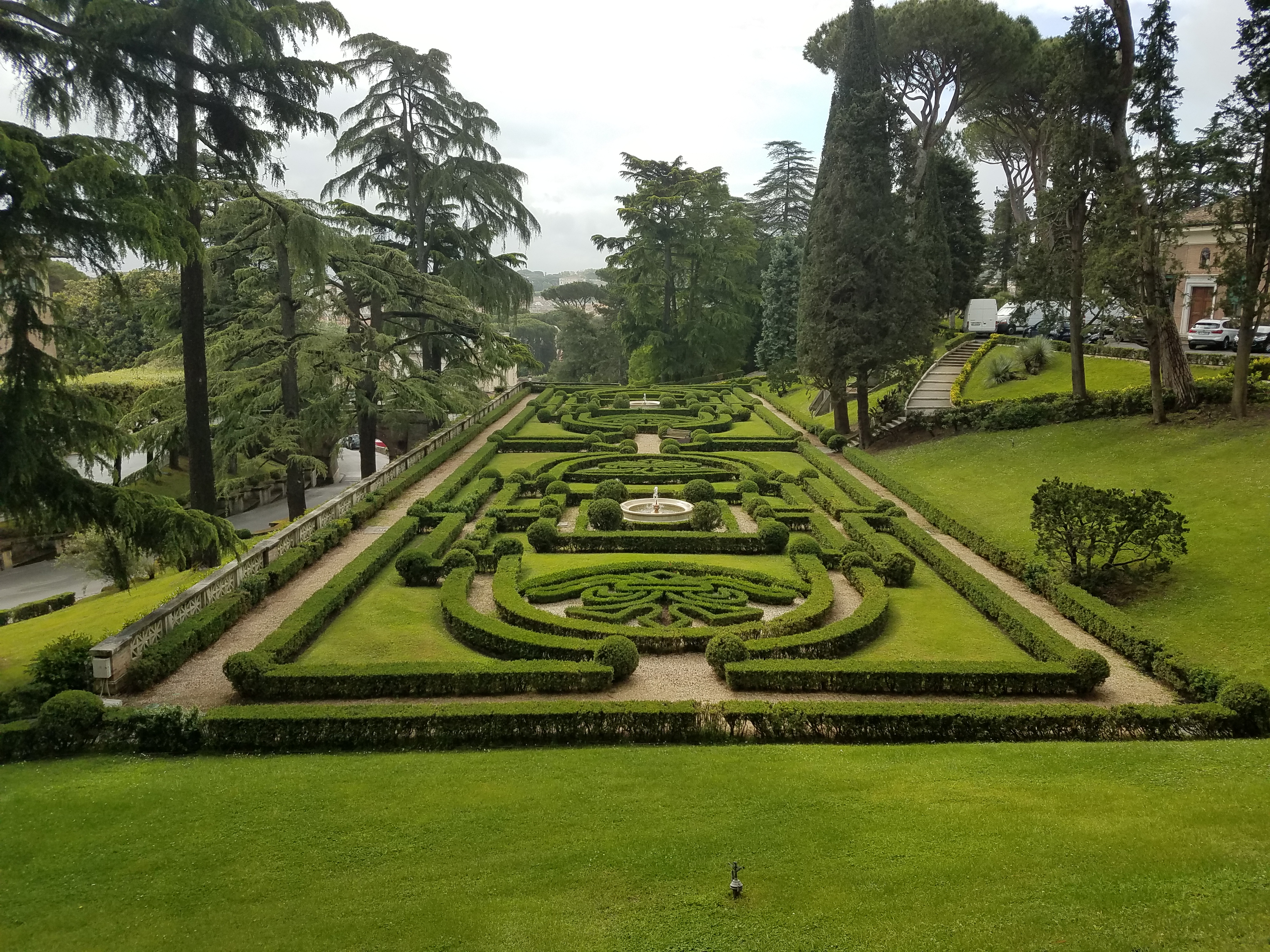


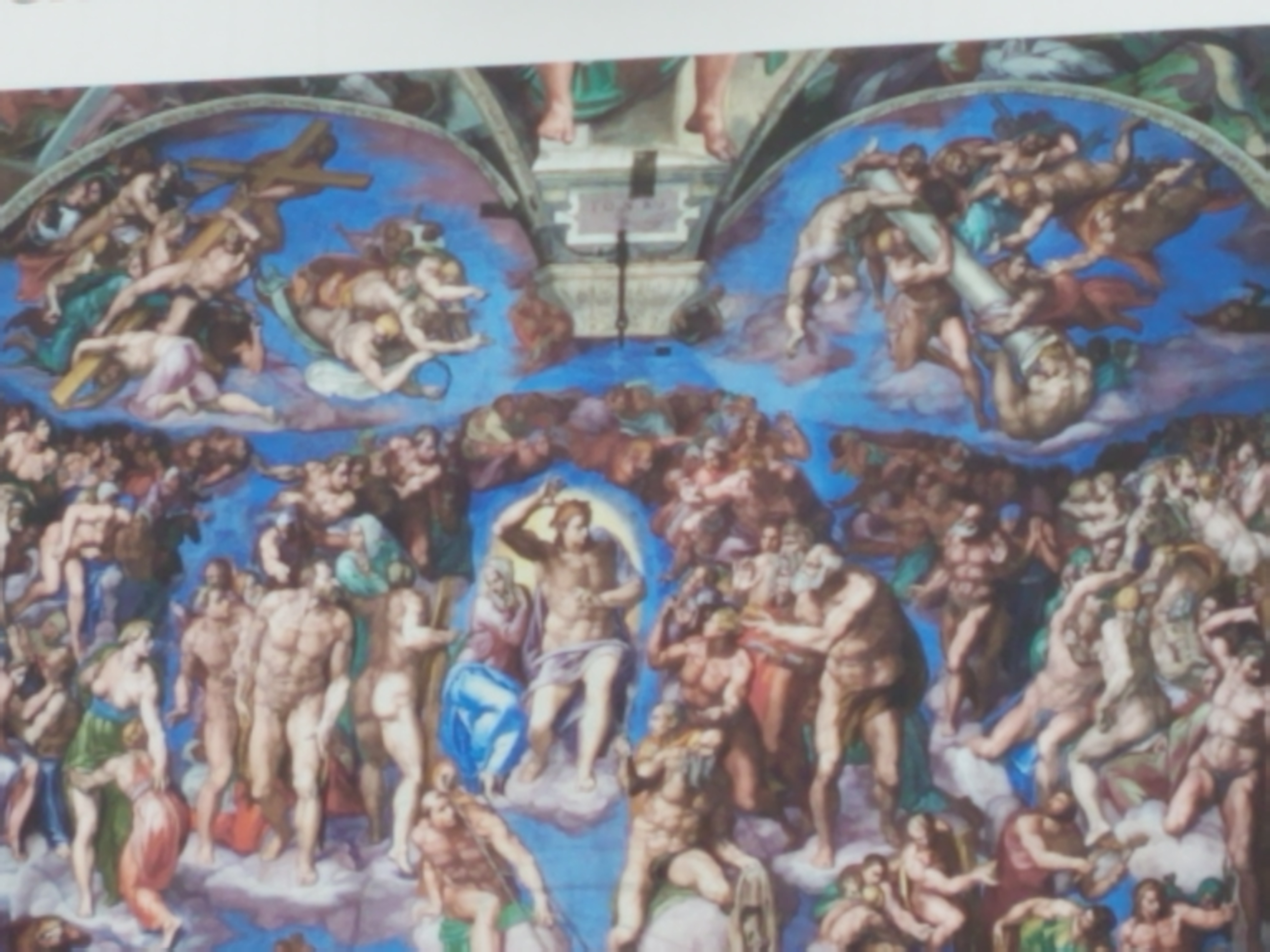

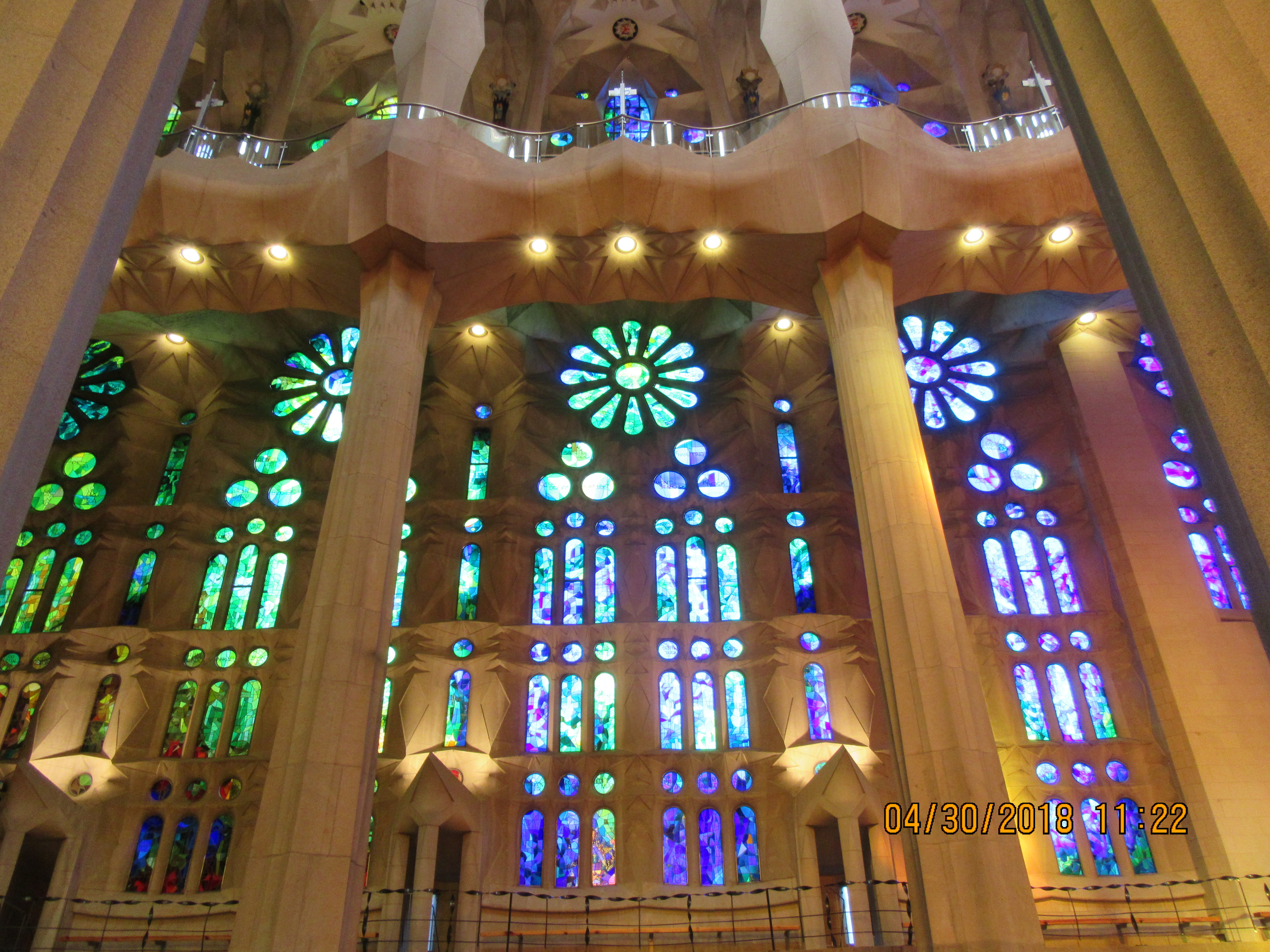


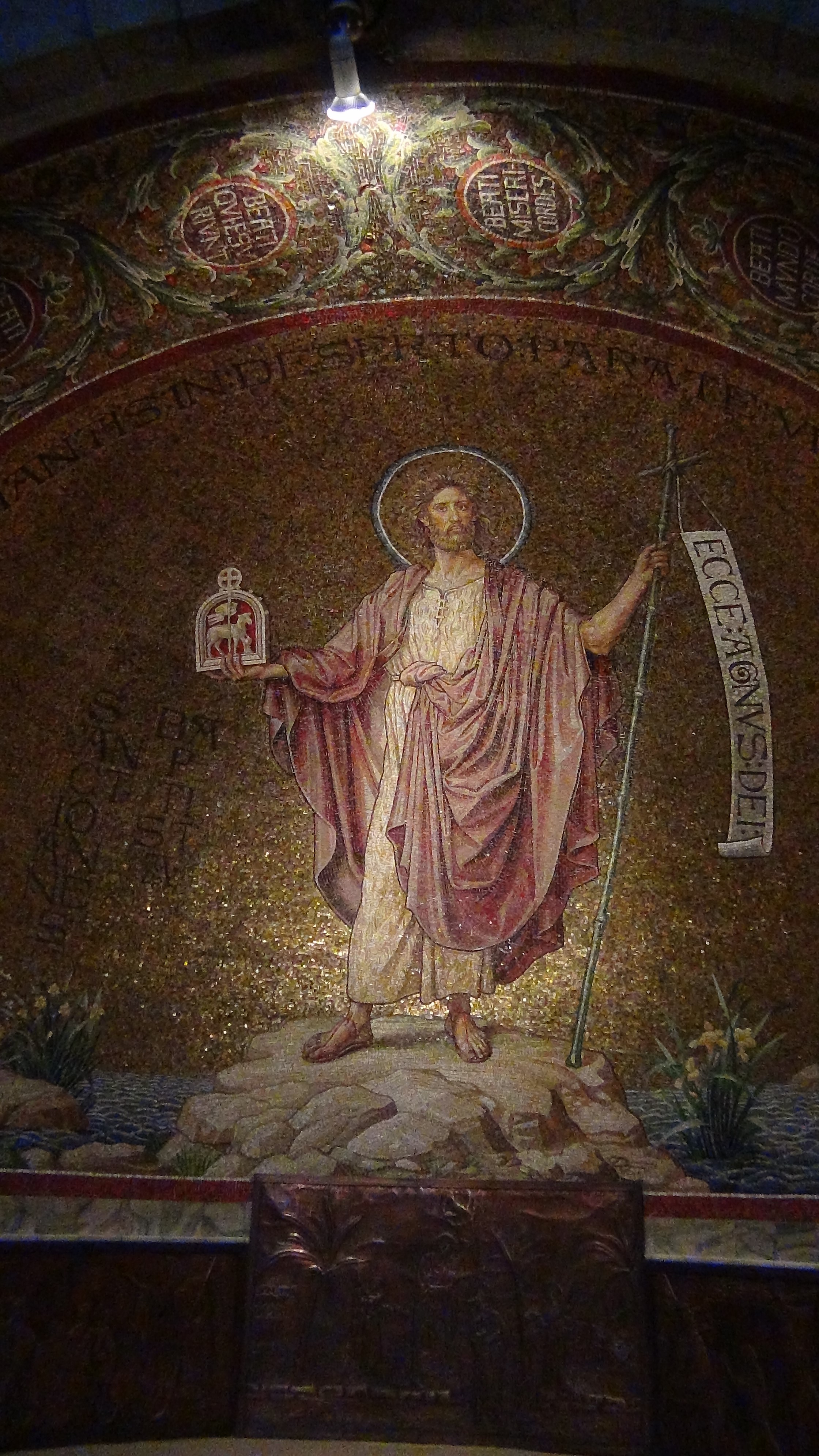



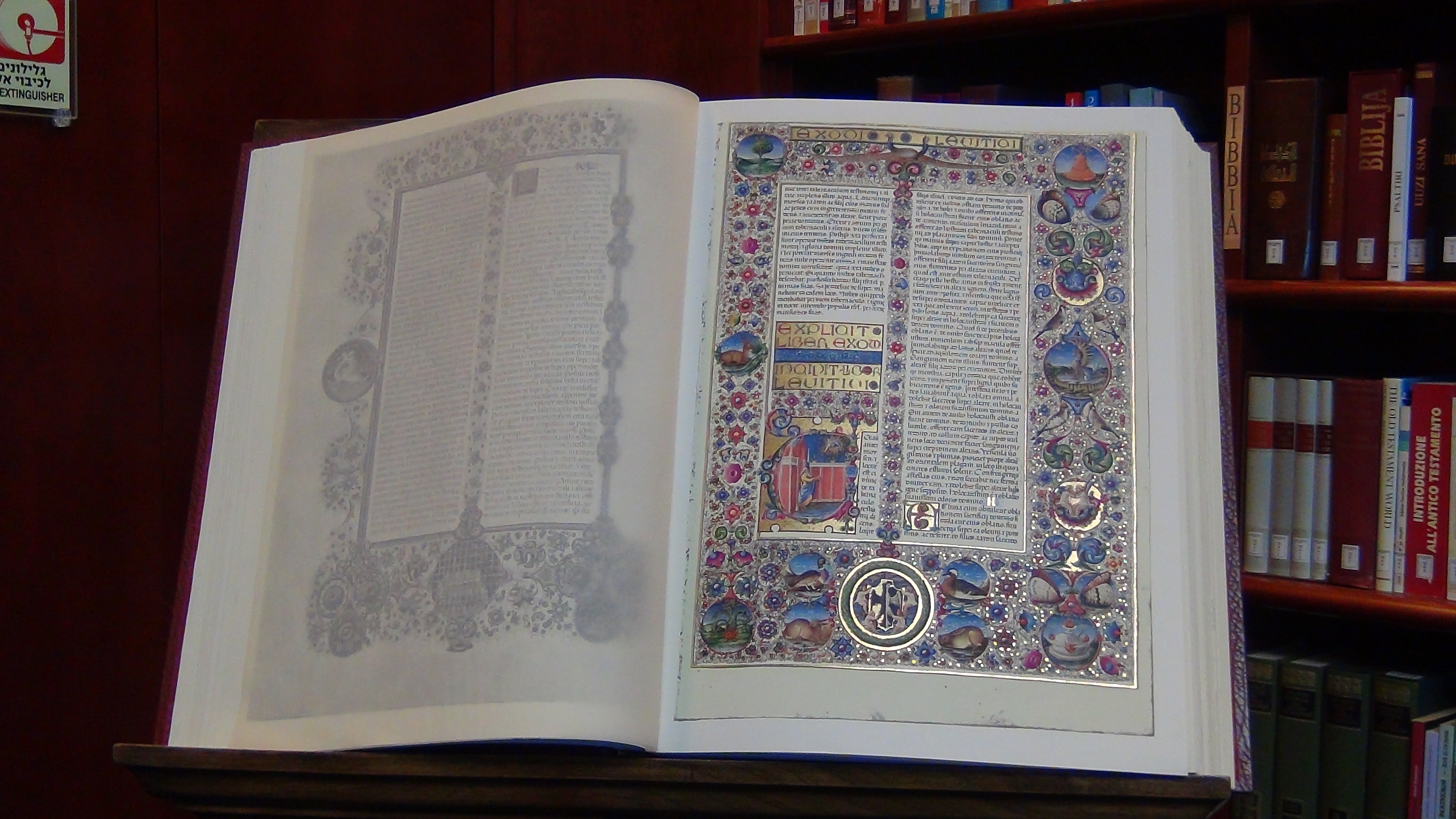

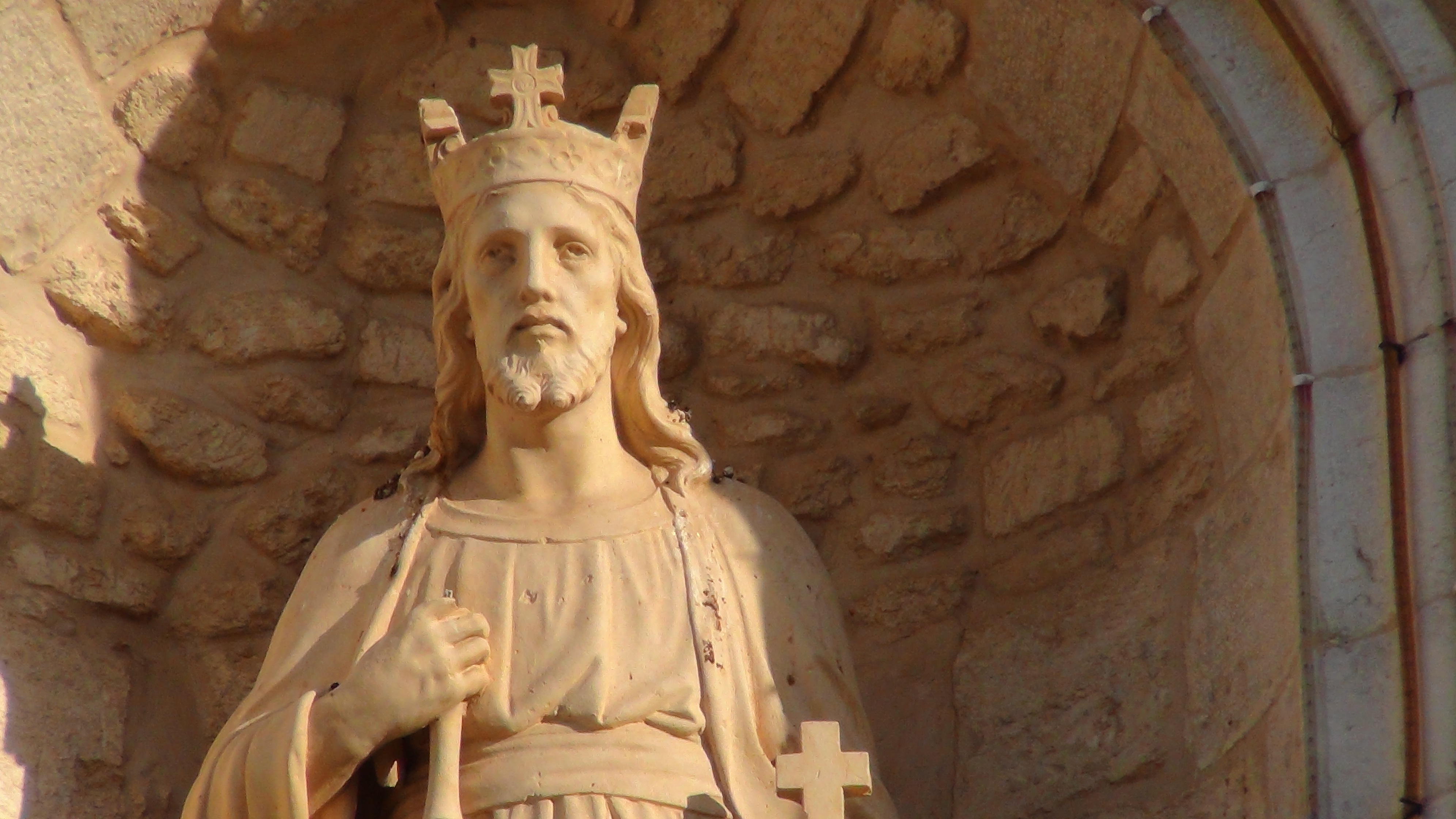

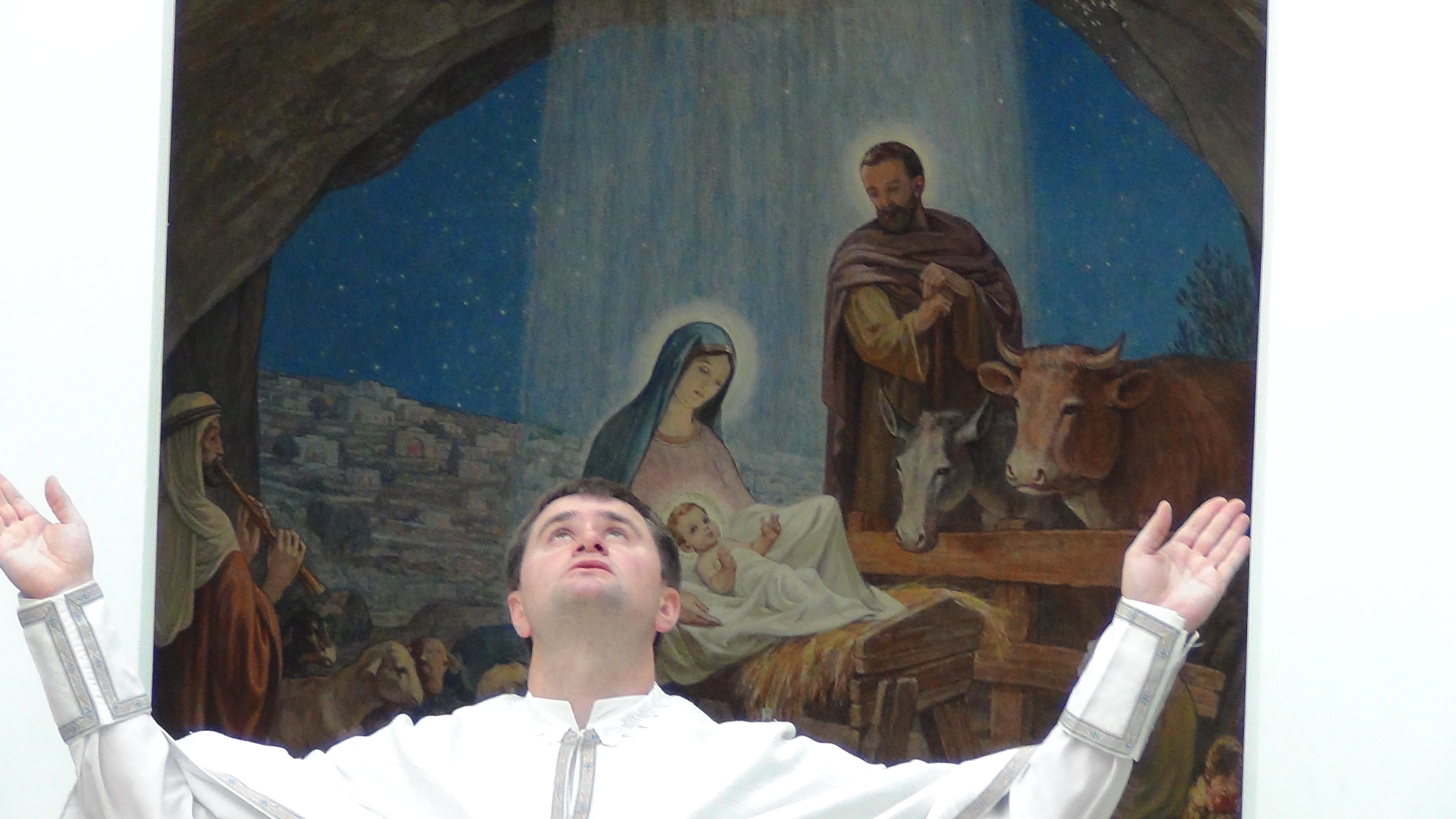


Recent Comments